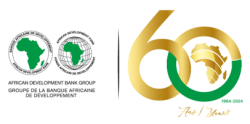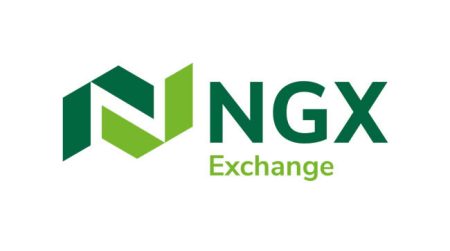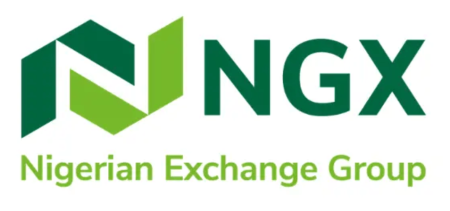By Clara Nwachukwu
JAPAUL Oil and Maritime Services Plc said it will invest over N40 billion in new projects in its division and subsidiaries in the Nigeria’s mining, dredging and offshore sectors.
The Managing Director/Chief Executive Officer of the company, Mr. Jegede Abiodun Paul, made this known at the commissioning of Japaul House in Lagos, recently.
Jegede explained that his company is able to invest so much because Japaul has been making profit from inception. “Japaul has been in business several years, and we have not for one year declared any loss. Last year, we made a turnover of N7.1 billion and a profit of about N1.2 billion. In year 2009, we made about N5.5 billion about N1.1 billion profit. We have asset base in excess of N23 billion.”
He noted that although the company started off small, but it has grown to become a multinational company operating in three continents, including America, Asia and Africa, with about 1,000 workers in its employment.
Speaking on the operations of the respective subsidiaries under the group, he explained: “Japaul Dredging Services Limited is into all manner of dredging services and shore protection. We have received commendation from all our clients including oil majors for good performance and timely delivery of services.
“Japaul Offshore and Maritime Services, deals in chartering of marine vessels with more than 50 sea and river ships and boats in our fleet. We are also doing business in oilfields maintenance services. This is a major division with many foreign affiliates positioned for handling engineering, procurements, and construction and installation projects in various oilfields.
“Japaul Mines and Products Limited deal in mining of minerals and having three big quarries in Ifon in Ogun; Ondo; Calabar in Cross River states, and Dubai in United Arab Emirates.
“Japaul Energy Limited is into marketing of petroleum products in Nigeria and along the West Africa coastline with operational office in Benin Republic.”
Speaking on the challenges affecting the company’s operation in Nigeria, Paul identified security as a major challenge to its operations in the Niger Delta.
He also said that access to funding has remained a challenge to the capital-intensive industry, saying that the failure of banks to give loans to maritime operators had not only impacted negatively on investments in the sector, but also adversely affected the nation’s economy.
“Banks do not release money to fund the sector. Maritime is a very capital-intensive business; you cannot strive in it without having adequate funding,” he said.
He also identified the shortage of skilled manpower and corruption as other challenges operators are faced with, saying, “It is sad that we bring in expatriates to handle our ships and vessels because our people do not have the required skills. The ones we have are very few, and the few we have want to enrich themselves on your vessels by engaging in sharp practices, especially tampering with your fuel. It is a major challenge in the industry. Anybody found with such thing and reported to NIMASA and they are found guilty, should get their licenses withdrawn.”
He commended government’s efforts in introducing the cabotage law, which requires that vessels operating on inland coastal waters be owned and managed by Nigerians and the introduction of local content law.
Going forward, he said the future of the industry is very bright, as oil and gas remains the key driver for economic growth and development in Nigeria.



